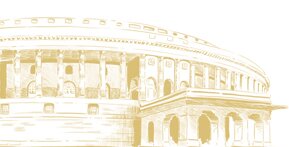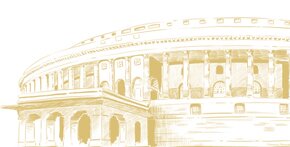Resources
Constitution of India
The Constitution of India is the supreme law of India. It lays down the framework defining fundamental political principles, establishes the structure, procedures, powers, and duties of government institutions, and sets out fundamental rights, directive principles, and the duties of citizens. It is the longest written constitution containing 450 articles in 22 parts, 12 schedules and 94 amendments.
For more information, please visit:
Constitution of India
The Parliament
TThe Parliament of India is the supreme legislative body in India. Founded in 1919, the Parliament alone possesses legislative and thereby ultimate power over all political bodies in India. The Parliament of India comprises the President and the two Houses, Lok Sabha (House of the People) and Rajya Sabha (Council of States).
Fore more information, please visit the following links:
Indian Penal code
Indian Penal Code is the main criminal code of India. It is a comprehensive code, intended to cover all substantive aspects of criminal law.
Budget 2011-12
The Union Budget of India, referred to as the annual Financial Statement, is the annual budget of the Republic of India, presented each year on the last working day of February by the Finance Minister of India in Parliament. The budget contains all the information about new investments to be taken up, taxation, fiscal policies and expenditure on various departments for the upcoming year and is looked upto with great expectations by one and all. The budget has to be passed by the Lok sabha before it can come into effect on April 1, the start of India's financial year.





